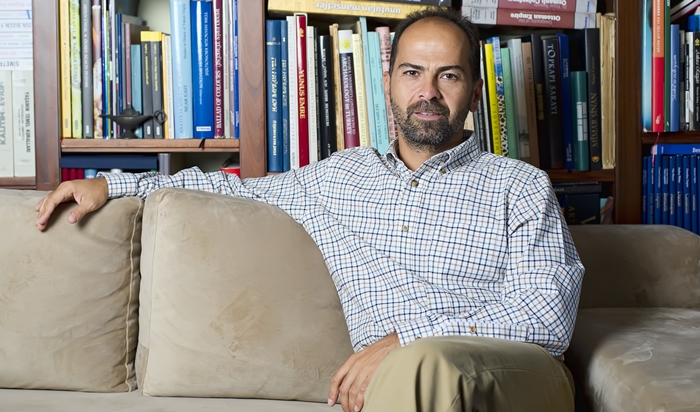An İstanbul court has ruled for the release from pretrial detention of Nasuh Mahruki, Turkey’s most famous mountain climber and founder and former president of the Turkish Search and Rescue Association (AKUT), who was arrested last month for allegedly spreading disinformation, the T24 news website reported.
Mahruki’s release from jail became possible after the court on Thursday accepted an objection from his lawyer against his arrest, sparked by his social media posts last month.
He is facing a prison sentence of between one and three years under Article 217 of the Turkish Penal Code (TCK), which concerns “publicly disseminating misleading information.” The first hearing of his trial is set for December 26.
Mahruki was arrested due to his criticism of Turkey’s Supreme Election Board (YSK) on social media concerning its plans to switch to an electronic voting system, voicing his concern about election security following such a transition.
“Great Turkish nation, be alert and vigilant. The government and the YSK are setting up one last scheme to steal the elections,” he said on November 12. “If not monitored, our votes will be stolen, replaced with fakes, and the election unlawfully won again. This would mark the end of the Republic of Turkey, with consequences more terrifying than your worst nightmares.”
Mahruki was arrested on November 20 after he appeared at the İstanbul courthouse to testify.
The arrest has sparked widespread criticism online, with many expressing support for the mountaineer, who came to public prominence in Turkey following a powerful earthquake that hit the Marmara region in 1999 thanks to AKUT’s dedication to rescue the victims.
Mahruki is a professional mountain climber, writer, photographer and documentary film producer. He climbed to the summit of Mount Everest and was the first-ever Turk to climb the Seven Summits, the highest mountains on each of the seven traditional continents.
His arrest was the latest in a series of legal actions in Turkey targeting individuals for their social media posts. Over the past decade, the country has implemented increasingly stringent laws on digital platforms, particularly since the introduction of a 2022 “disinformation law.”
The legislation criminalizes the dissemination of “false or misleading information,” carrying prison sentences of up to three years. Critics argue that these measures are being used to stifle dissent and silence opposition voices.
The government has also ramped up monitoring of online activity, with thousands of social media users investigated annually for posts deemed critical of authorities or state institutions.
